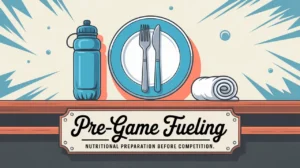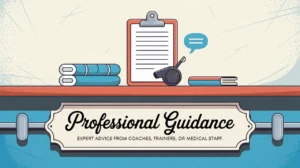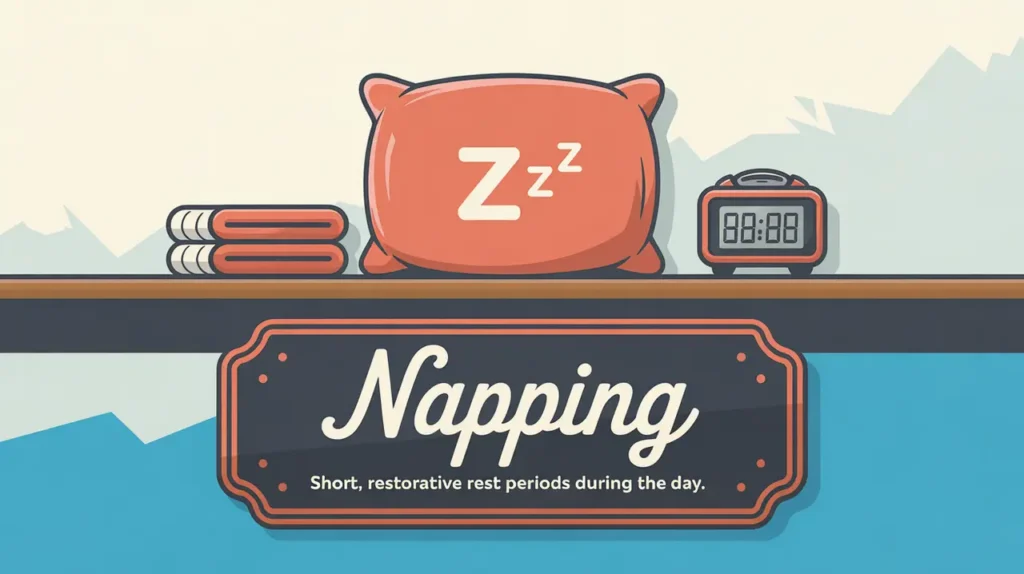Jim’s Intro to Load Management
Hi folks, Jim here, the only commentator who once tried to play in three pickup games, call a doubleheader, and still make it to a late-night pizza run, which I brought back to the wrong house.
What is load management?
Load management is the strategic balancing of training, games, rest, and recovery to keep players performing at their best while reducing the risk of burnout and injury. It’s about working smarter, not just harder, and understanding that the body has limits that need to be respected.
How does it work?
Load management works by monitoring and adjusting physical and mental workloads over time:
- Training vs. Game Load: Balancing intense practices with game schedules to avoid overload.
- Rest Periods: Building in recovery days to allow the body to repair and adapt.
- Monitoring Fatigue: Tracking signs like soreness, performance dips, and mood changes.
- Periodization: Structuring the season into phases (pre-season, in-season, playoffs) with different intensity levels.
- Communication: Players, coaches, and trainers working together to spot problems early.
How do you make good decisions with it?
- Track Workloads: Keep an eye on total ice time, gym sessions, and travel demands.
- Recognize Warning Signs: Persistent fatigue, nagging injuries, or declining focus mean it’s time to adjust.
- Plan Recovery: Schedule rest like practices. Do it intentionally, not as an afterthought.
- Coordinate Across Teams: For multi-team players, make sure everyone knows the full schedule.
- Respect Rest: Rest is not laziness; it’s part of performance.
How do you master it?
Mastering load management means listening to your body, planning ahead, and staying disciplined. Over time, players and teams learn how to keep performance high without running out of gas when it matters most.
What does it look like when done right?
Good load management looks steady and sustainable. Players stay sharp deep into the season, injuries drop, and performances stay consistent even through busy stretches.
Commentator’s Corner
Jim’s Take
Load management is like line changes. If you stay out too long, your legs turn to cement. Know when to push and when to rest.
Parent Tip
Watch for signs of overload. A tired, irritable player might not need another practice. They might need a night off.
Player Tip
Be honest with yourself and your coaches. Managing your load is part of being a smart, durable athlete.
A Final Thought
Load management keeps the engine running smoothly all season long. Master it, and you’ll have the stamina, focus, and resilience to shine when the games matter most.









